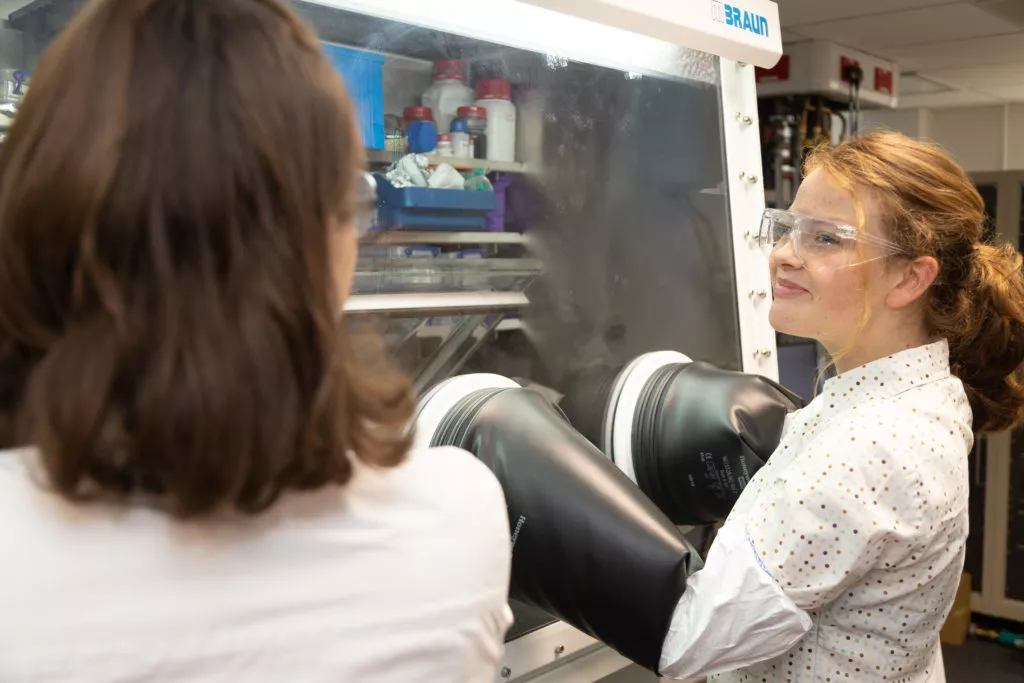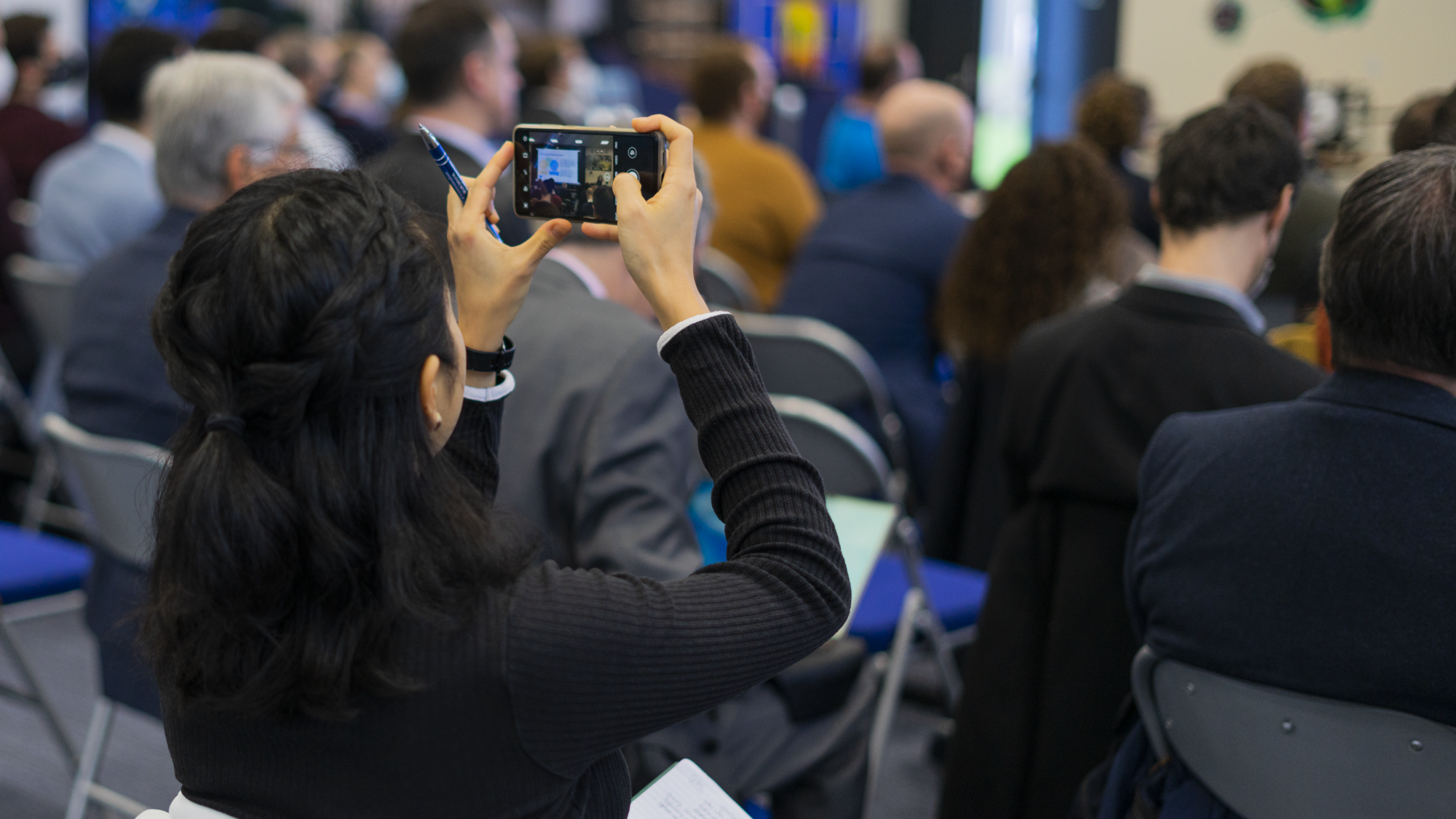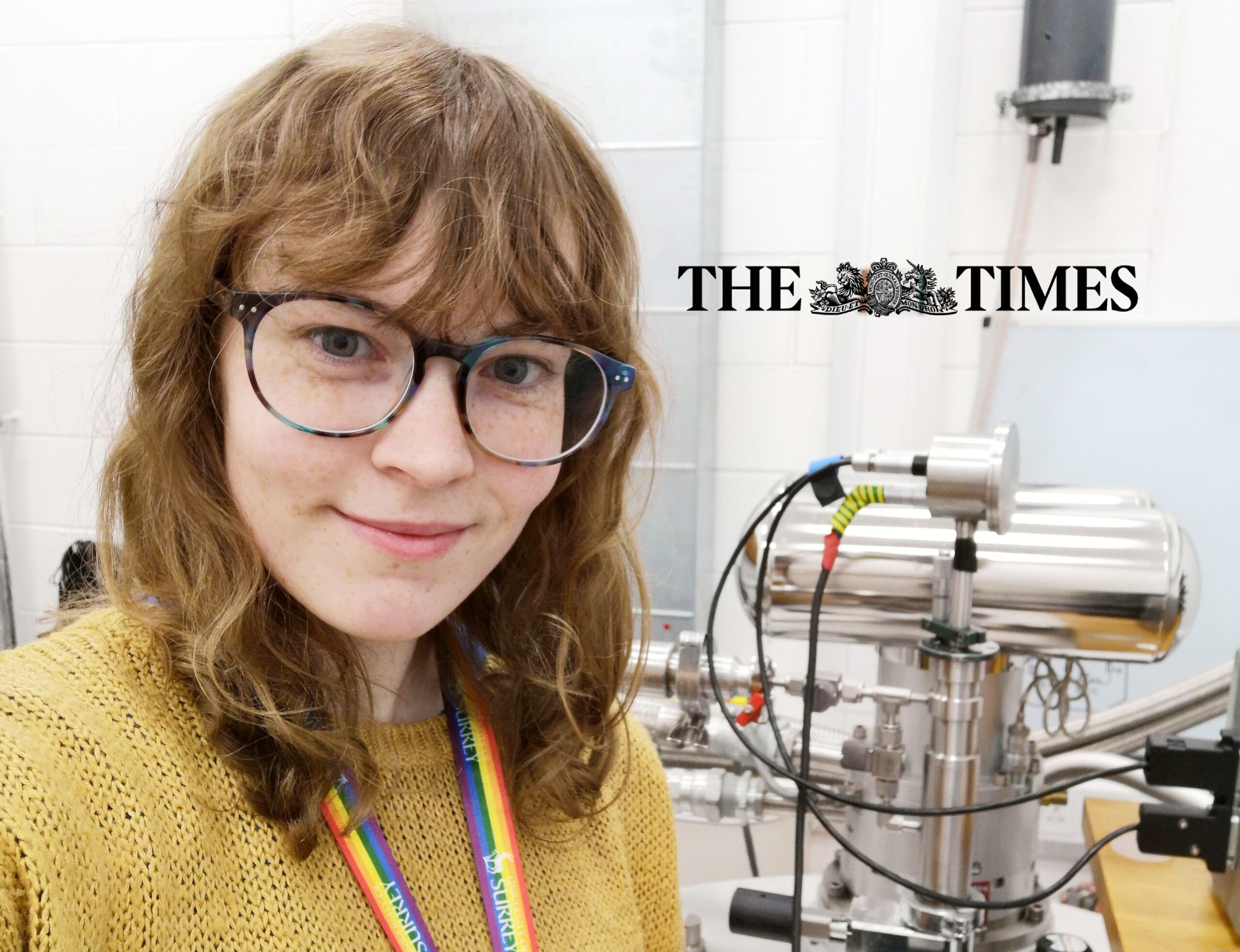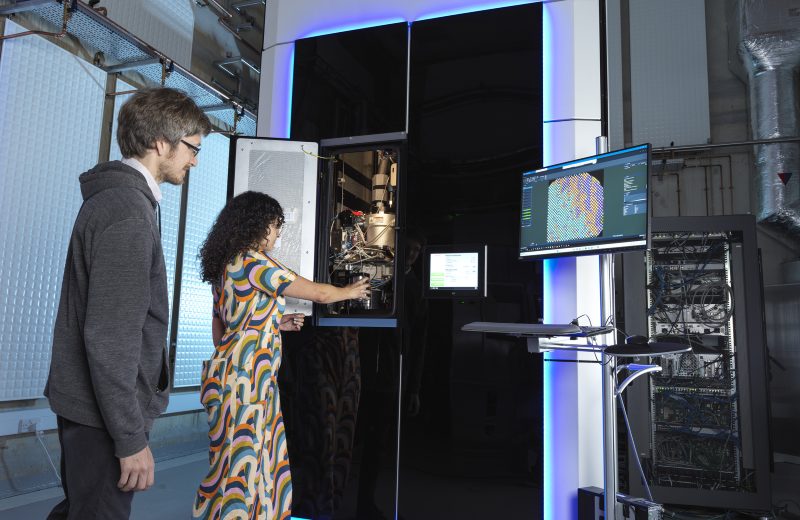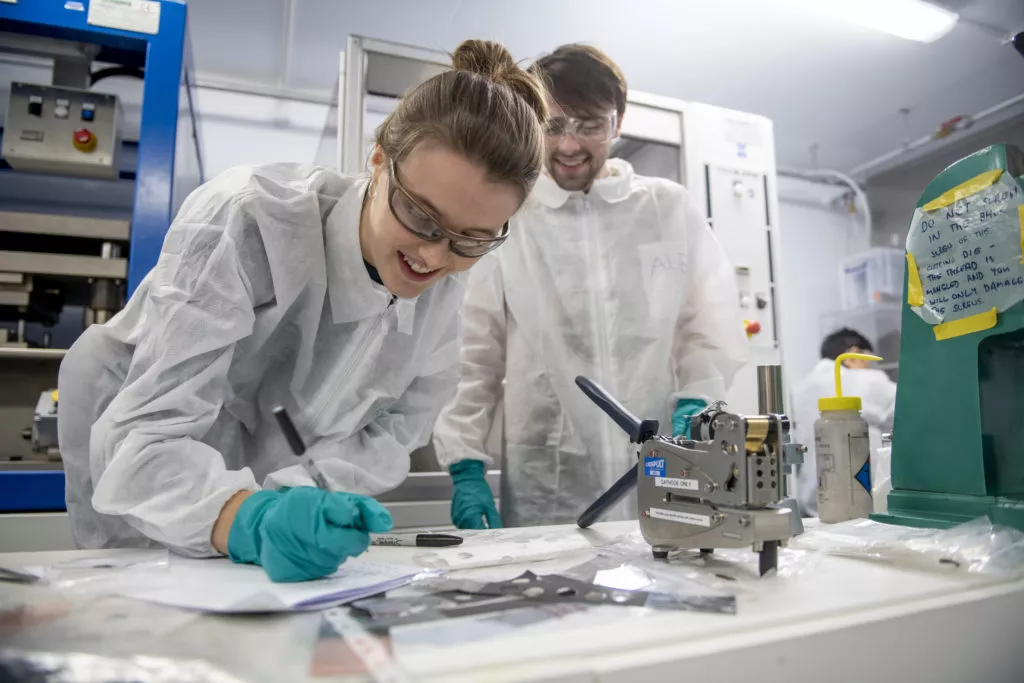
From carbon-neutral cars to renewable power plants, electric batteries are the key to the UK achieving its net zero goals. As a world-leader in electrochemical energy storage, The Faraday Institution is making the batteries of today safer, more powerful, sustainable and energy-efficient, and developing next-generation batteries for a cleaner tomorrow.
What is it?
The Faraday Institution is the UK’s independent research institute for electrochemical energy storage. It supports the commercialisation of new battery concepts and ensures that Britain remains at the forefront of the global energy storage market. It brings scientists, engineers and experts in the field together with industry partners to work on early-stage projects for improving energy density, performance and reliability in batteries, and ultimately to reduce the cost of electric vehicles and storage systems.
The Faraday Institution initiates and collaborates on multiple research projects that will speed up the UK’s and the world’s transition to clean energy. It promotes a circular battery economy, applying recycling and reuse strategies so that Britain will be less reliant upon imported raw materials in future.
• Today’s batteries: In the field of lithium-ion – the most widely-used battery technology today – it’s working on a range of topics including ground-breaking new cathode materials for electrodes, extending battery life, further increasing safety and reinventing the reuse and recycling of spent batteries.
• Tomorrow’s batteries: It’s developing novel technologies beyond lithium-ion including solid-state batteries (that are safer and more energy-intensive), sodium-ion storage concepts, lithium-sulfur batteries and batteries for aerospace applications, as well low-cost solutions for developing countries.
• Spin-outs: It incubates battery innovations and facilitates the commercialisation efforts of spin-outs. For example, Nyobolt Ltd is pioneering a new class of battery that is breaking records for ultrafast charging. Another spin-out, Harwell-based Qdot is developing cutting-edge battery systems for vertical take-off and landing (eVTOL) craft, ushering in a new era of clean flying.
Who can use it?
The Faraday Institute welcomes collaborations with industry partners and other research institutions. Check out open opportunities for PhD students, early-career researchers and collaborative projects.
Latest events
-
Access to Finance 2025
13th Mar
9:00 – 17:00 | ESA Conference Centre, Fermi Avenue, Harwell Campus, OX11 0FD
The Science and Technology Facilities Council (STFC) in collaboration…
-
Productivity Conference: Unlocking Oxford’s Economic Potential
21st Nov
8:30 – 12:00 | The Randolph Hotel, Oxford
We invite you to be part of a pivotal discussion exploring actionable strategies…

